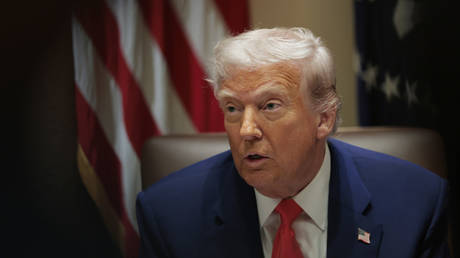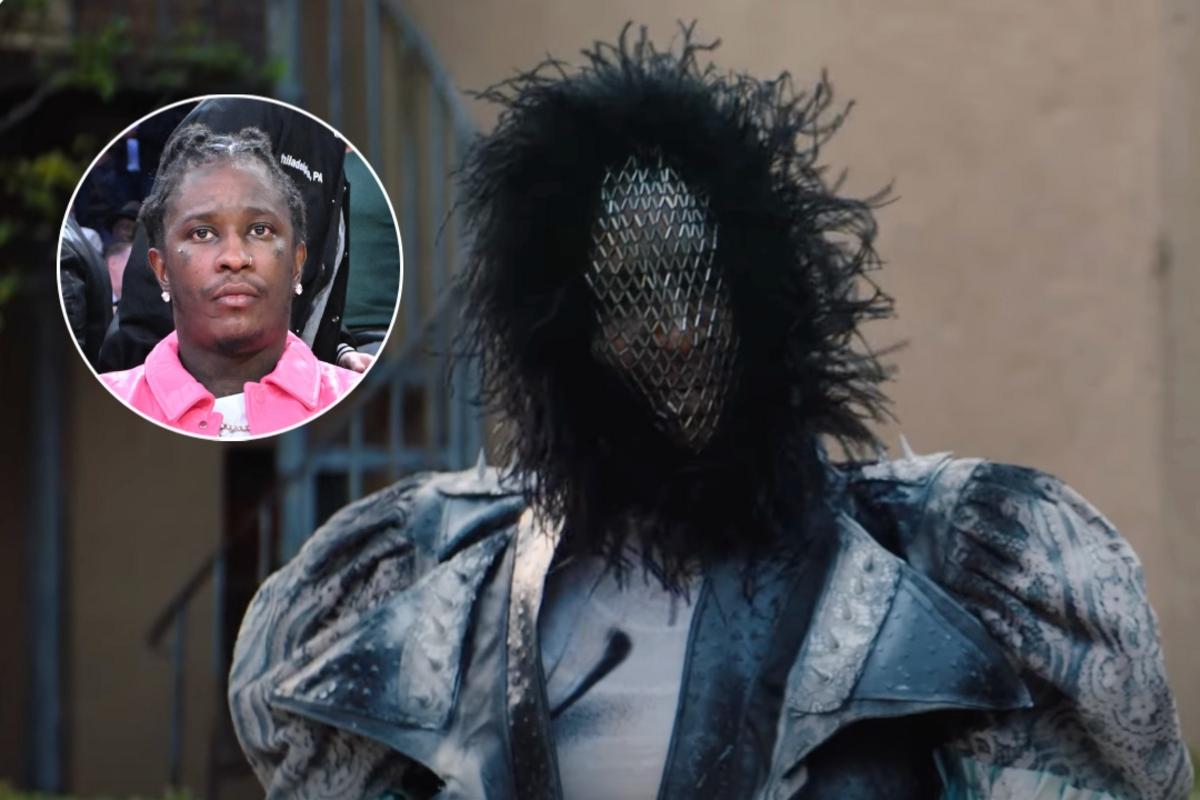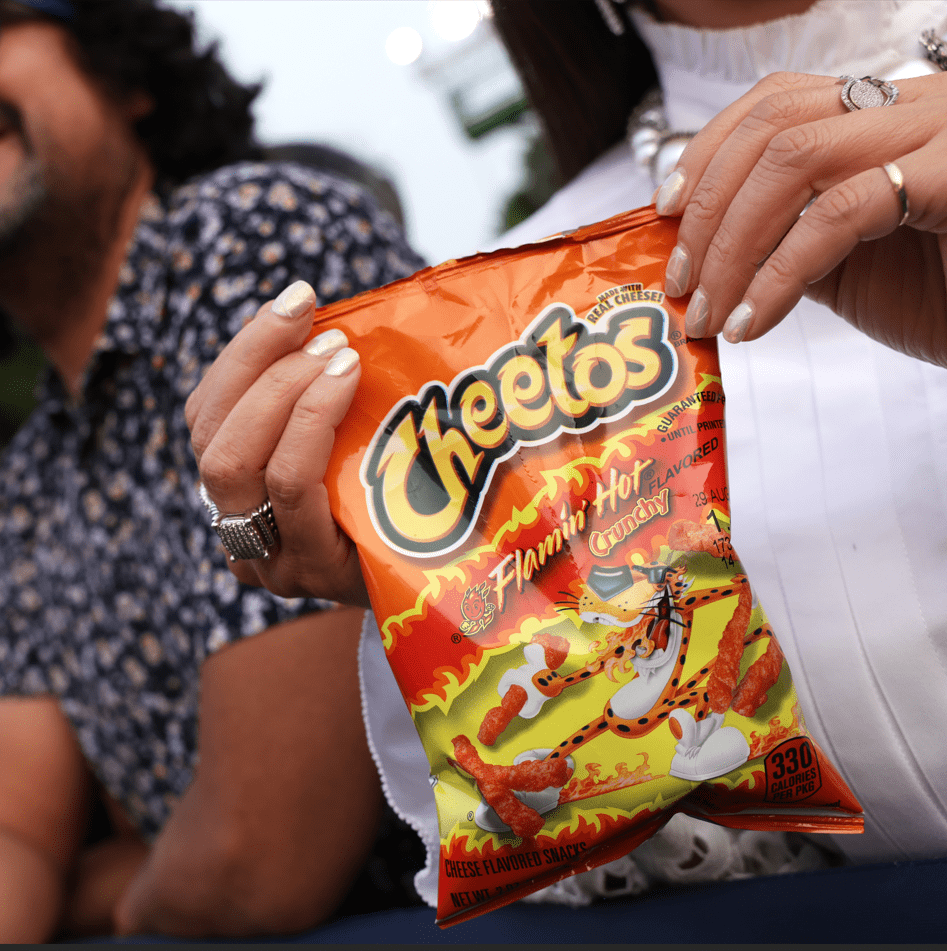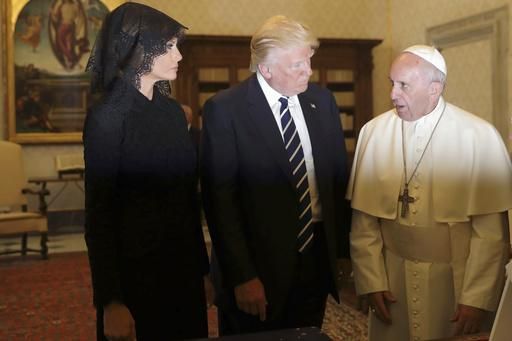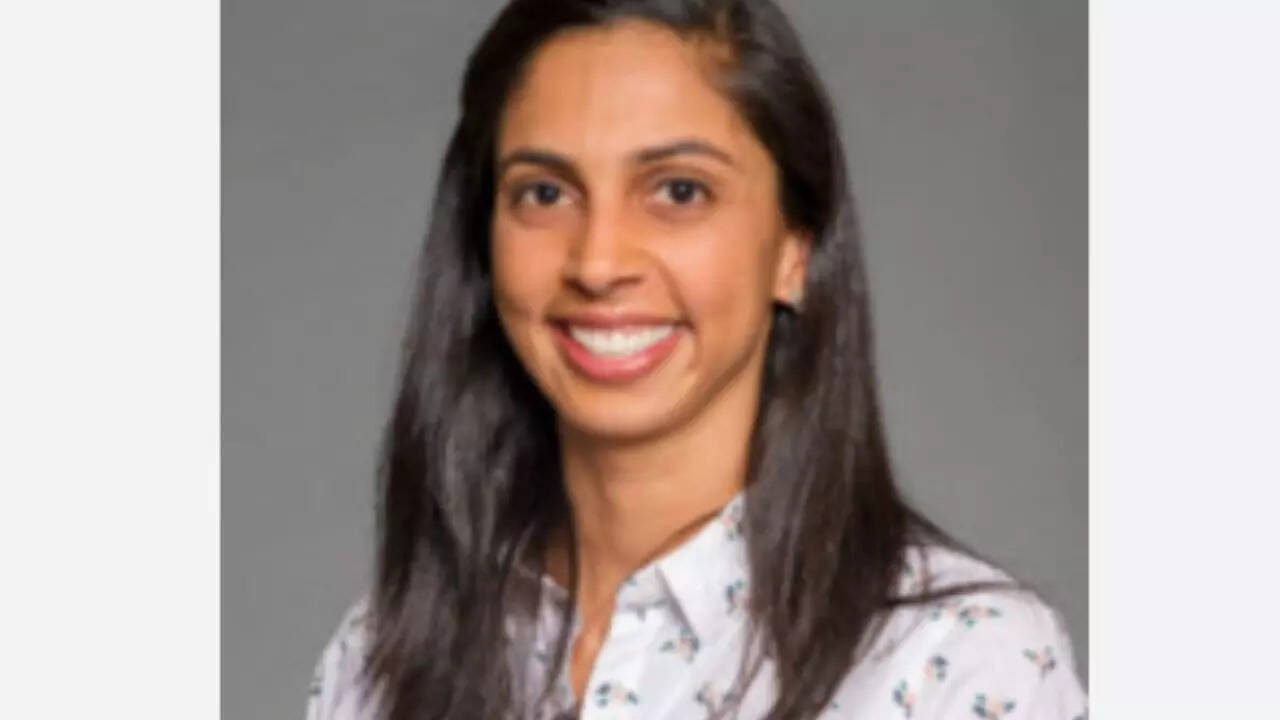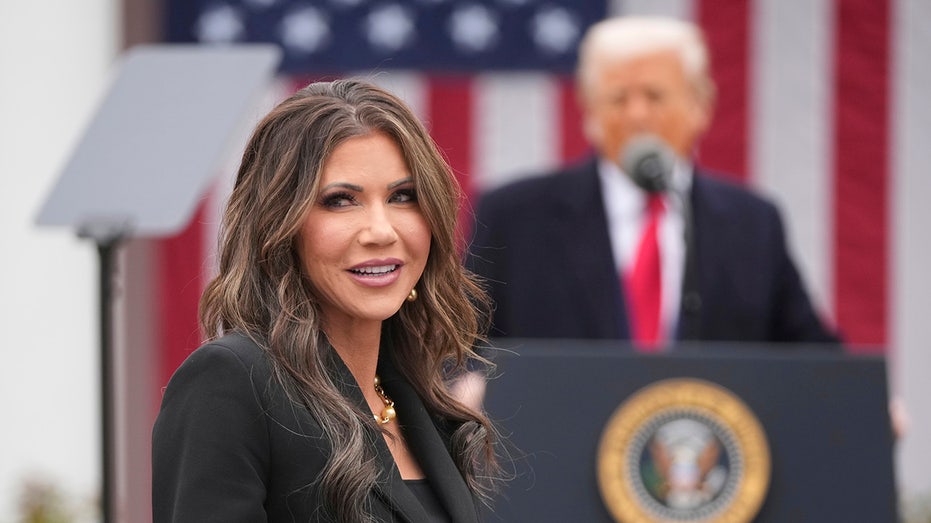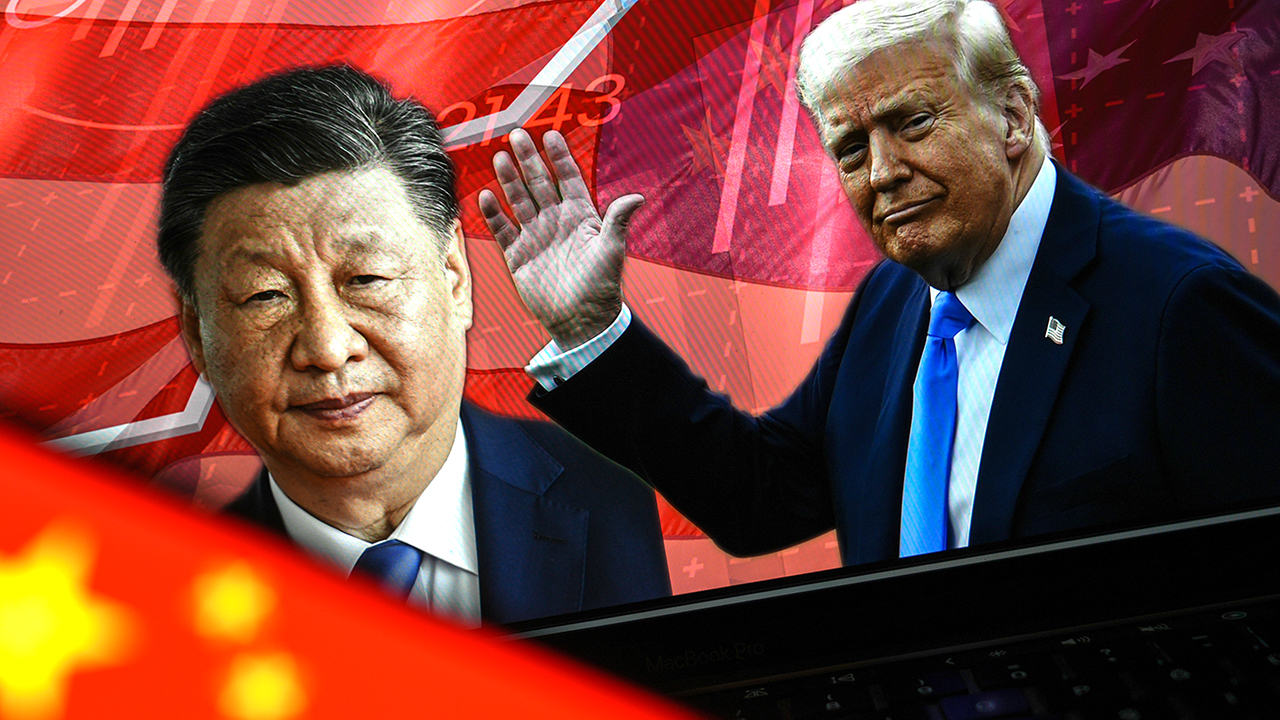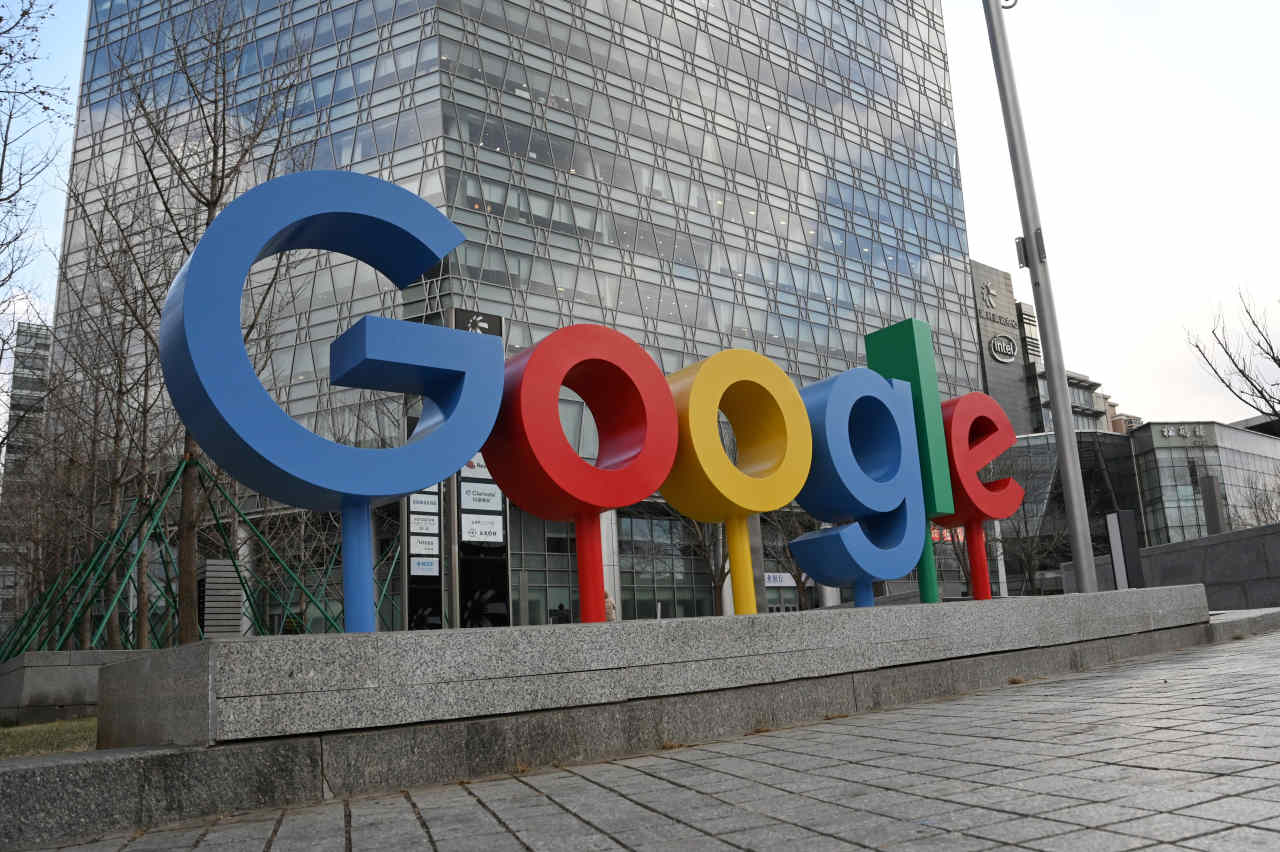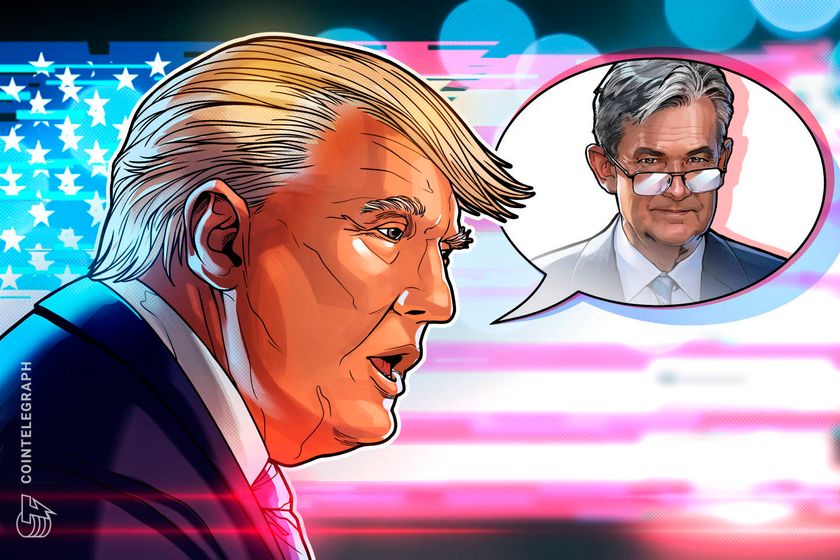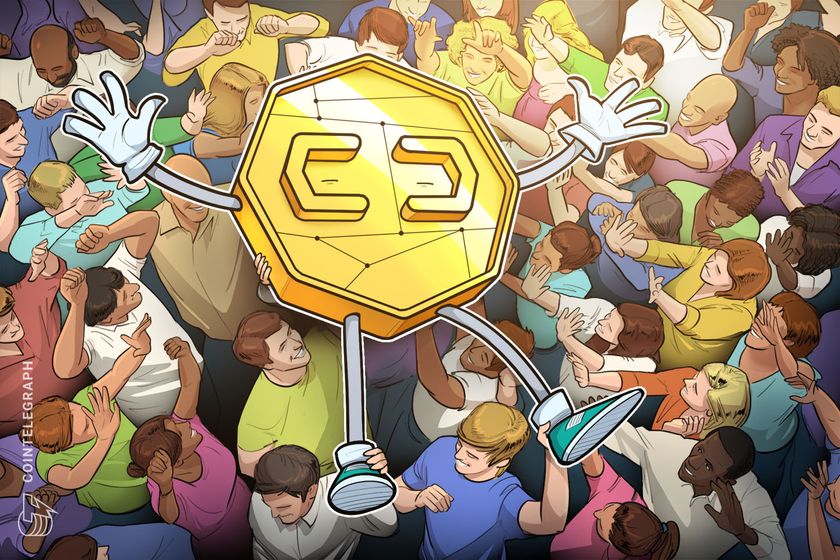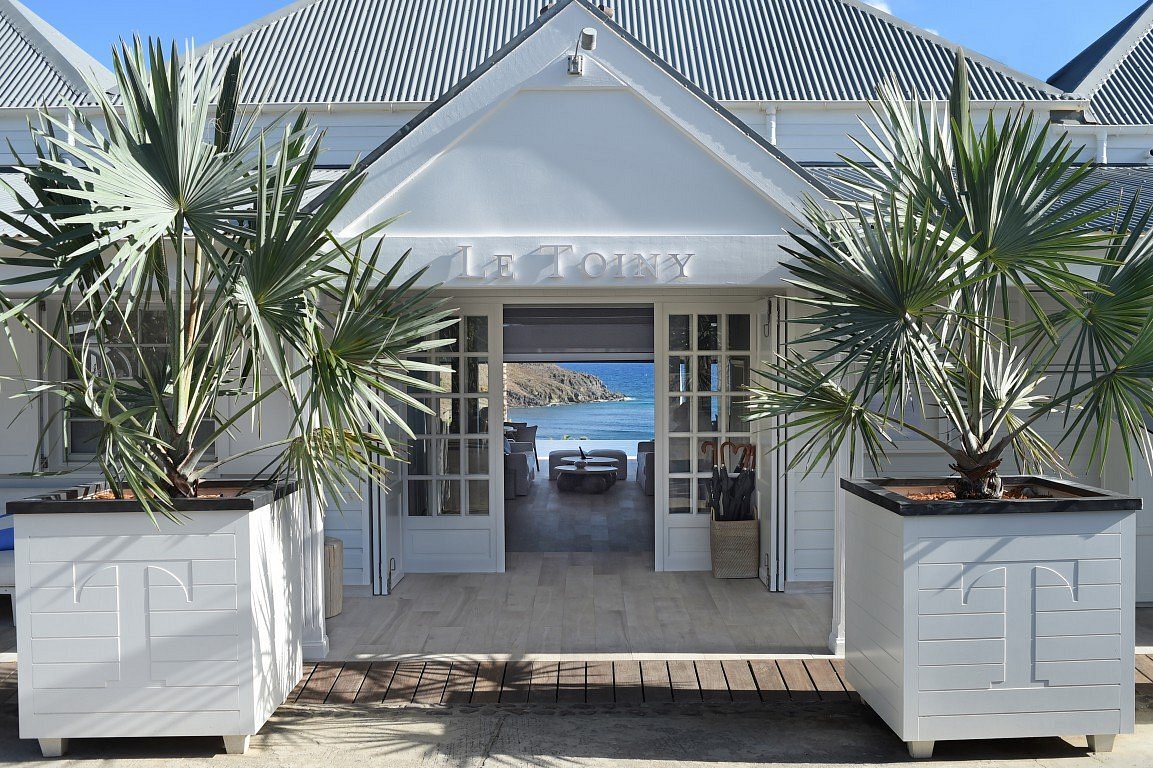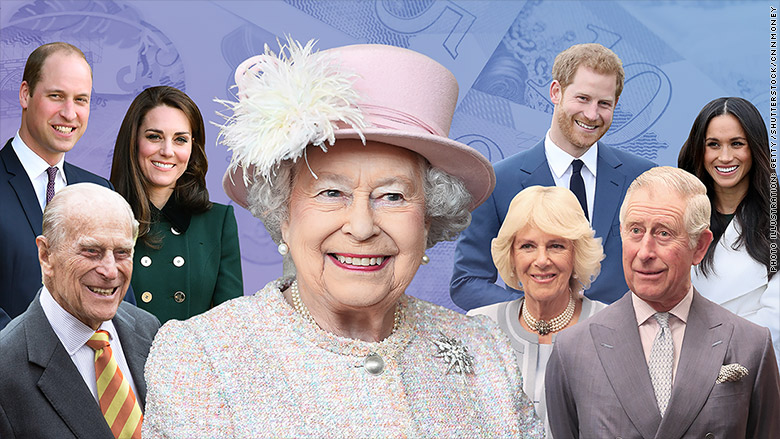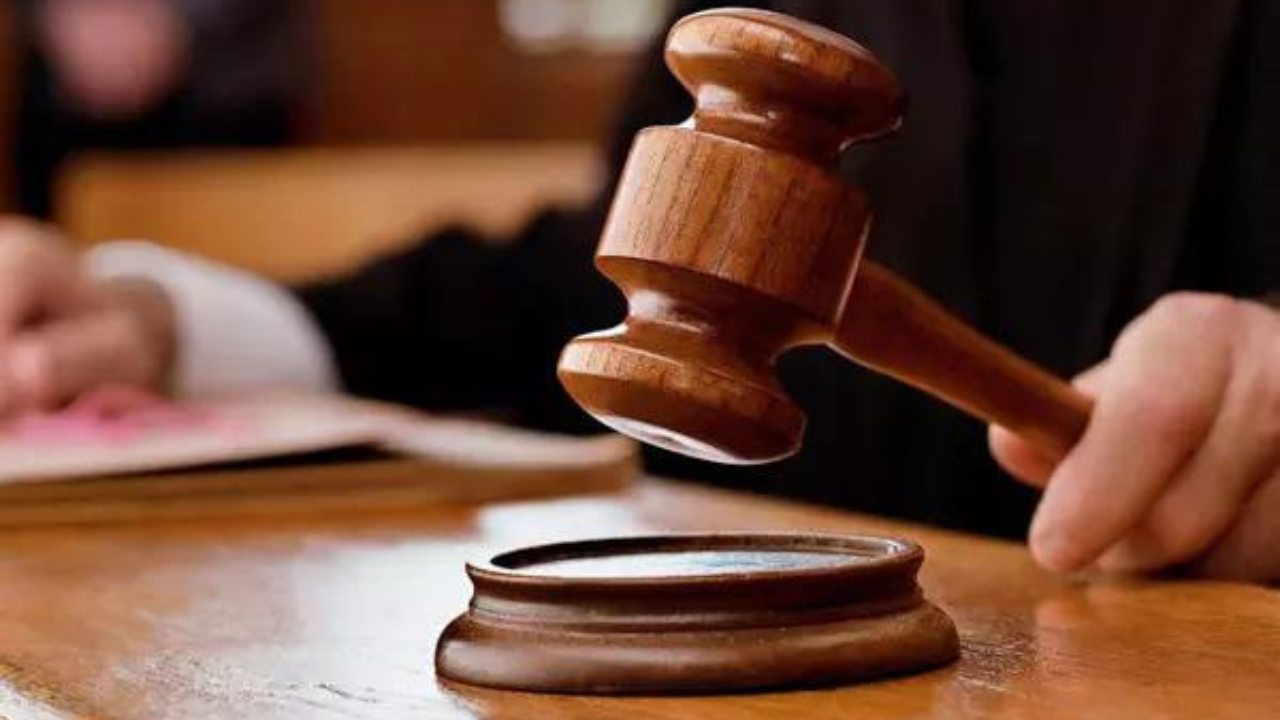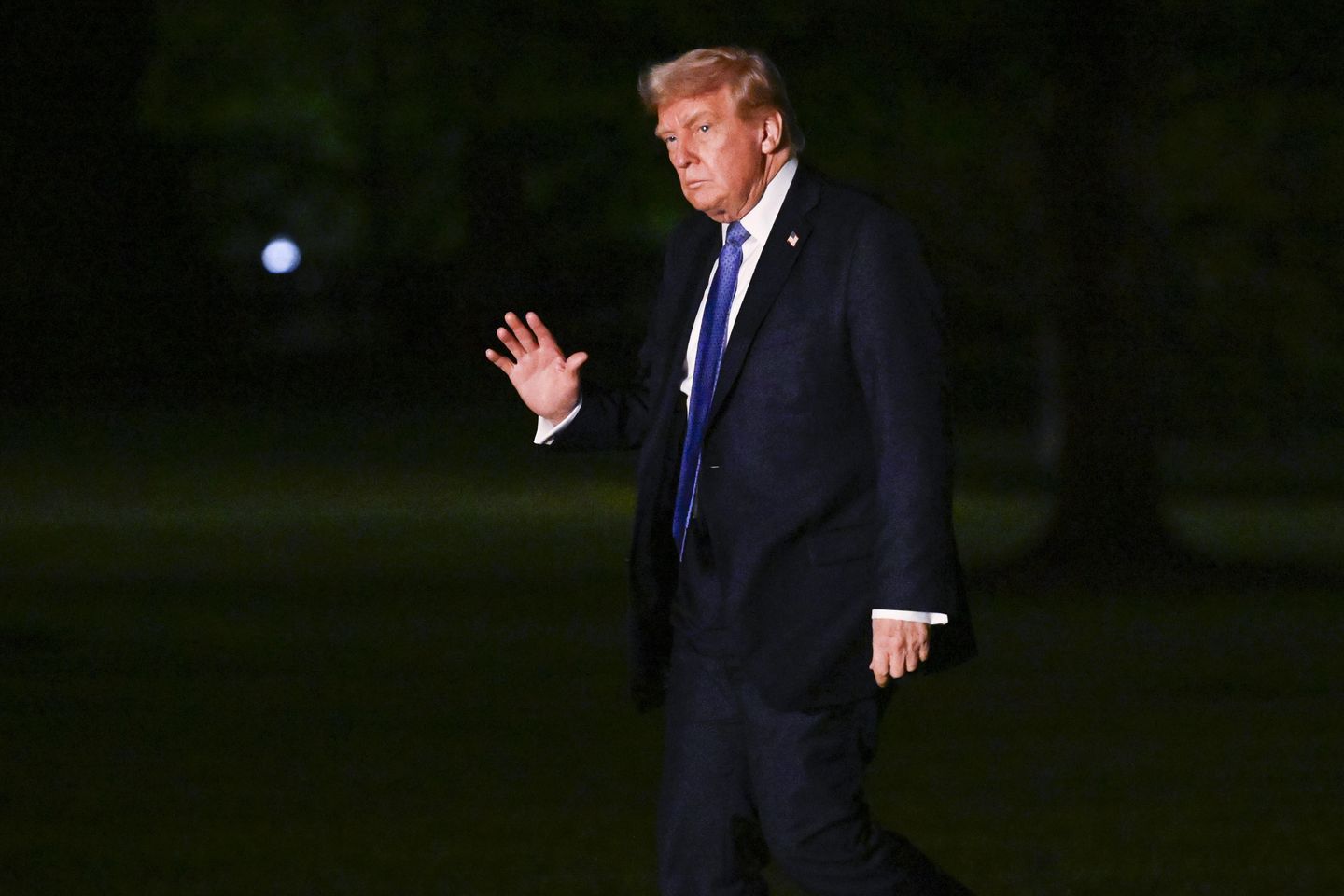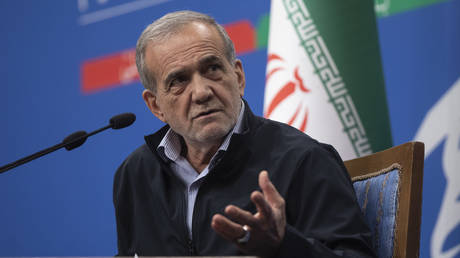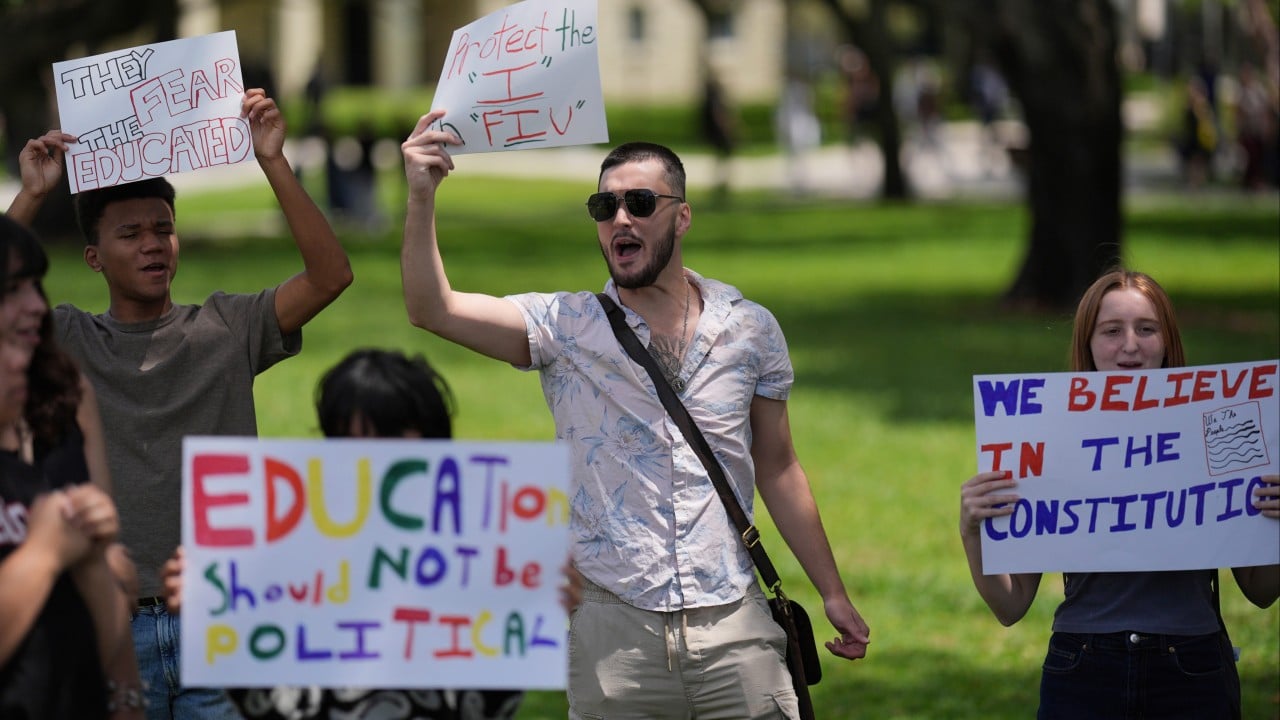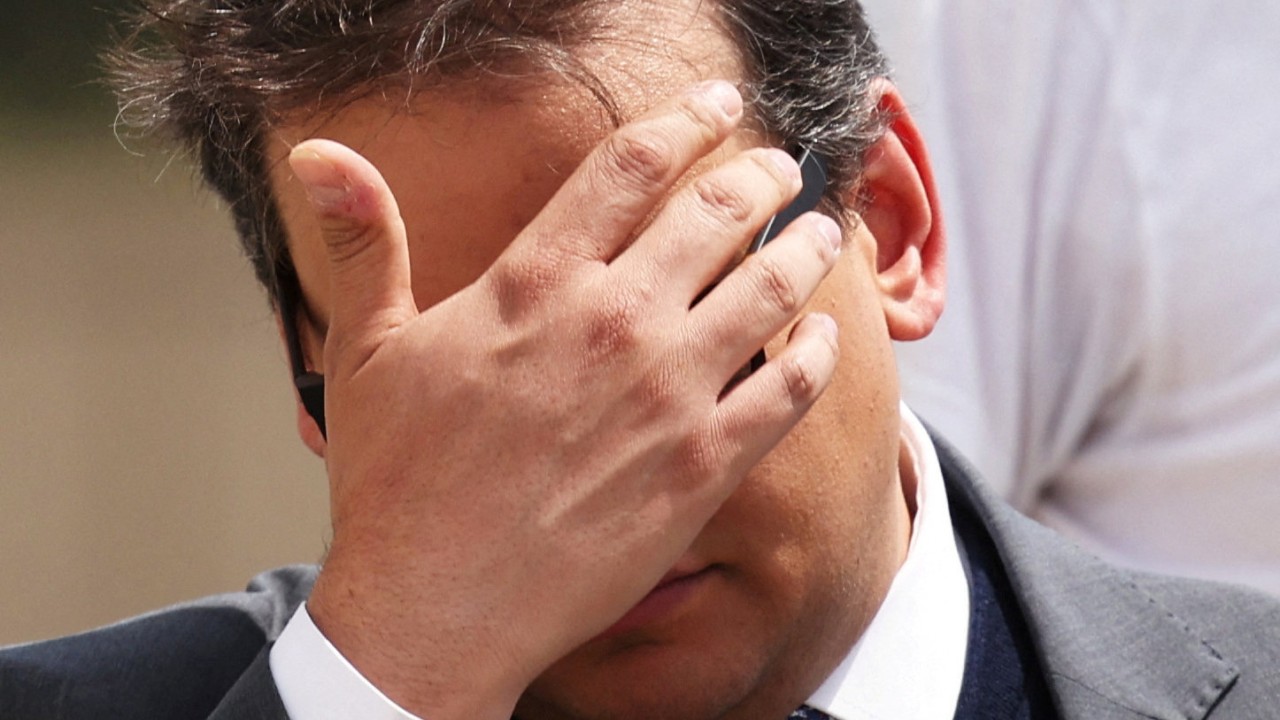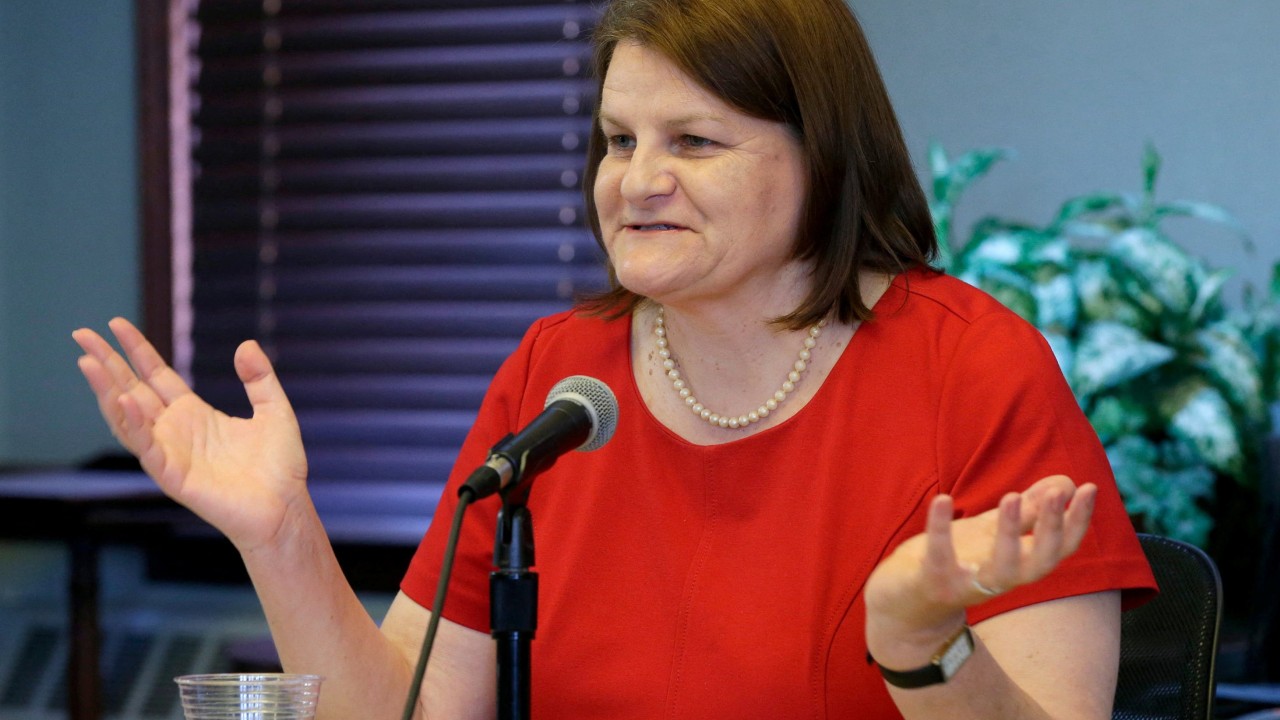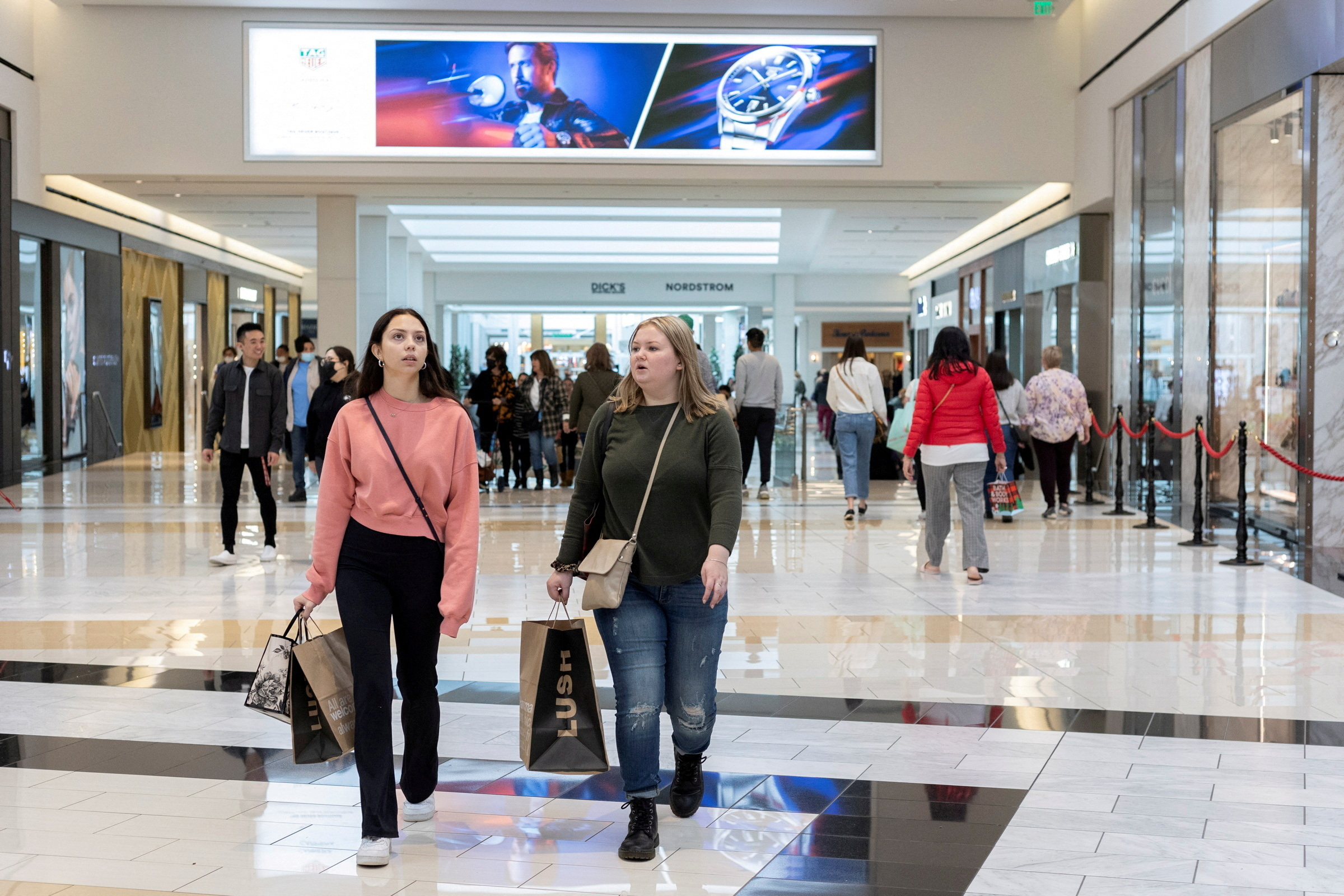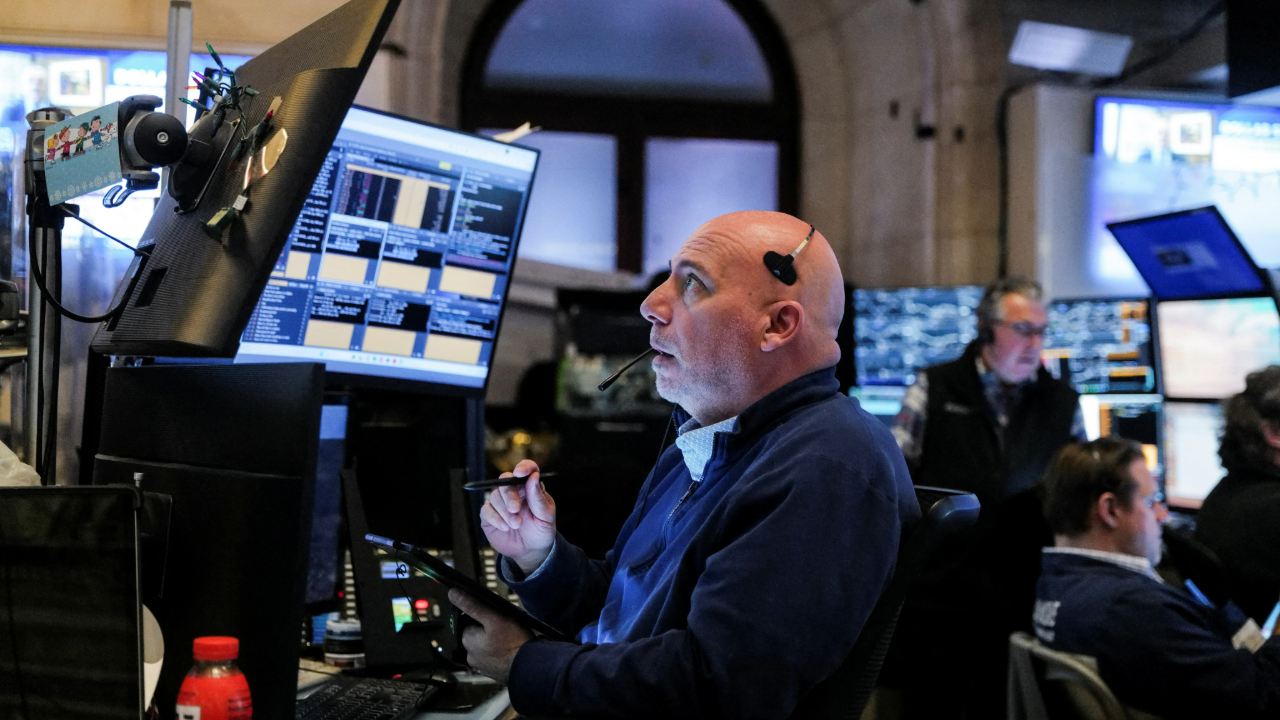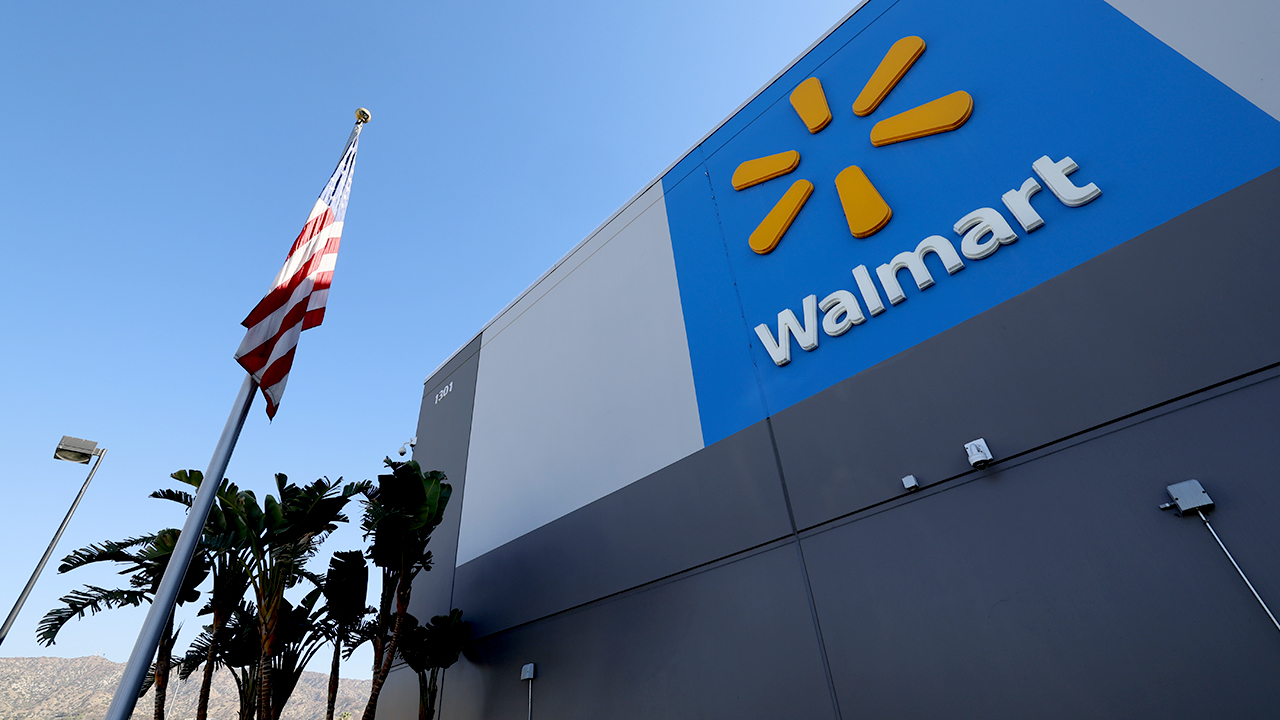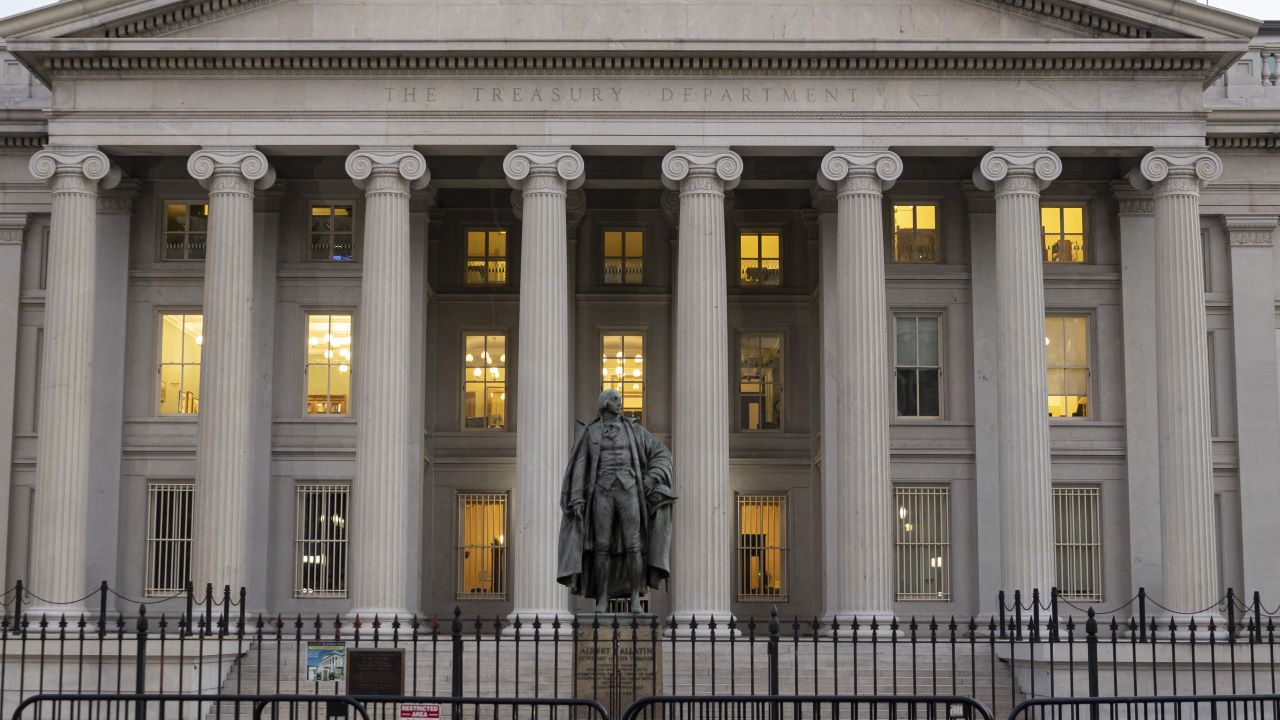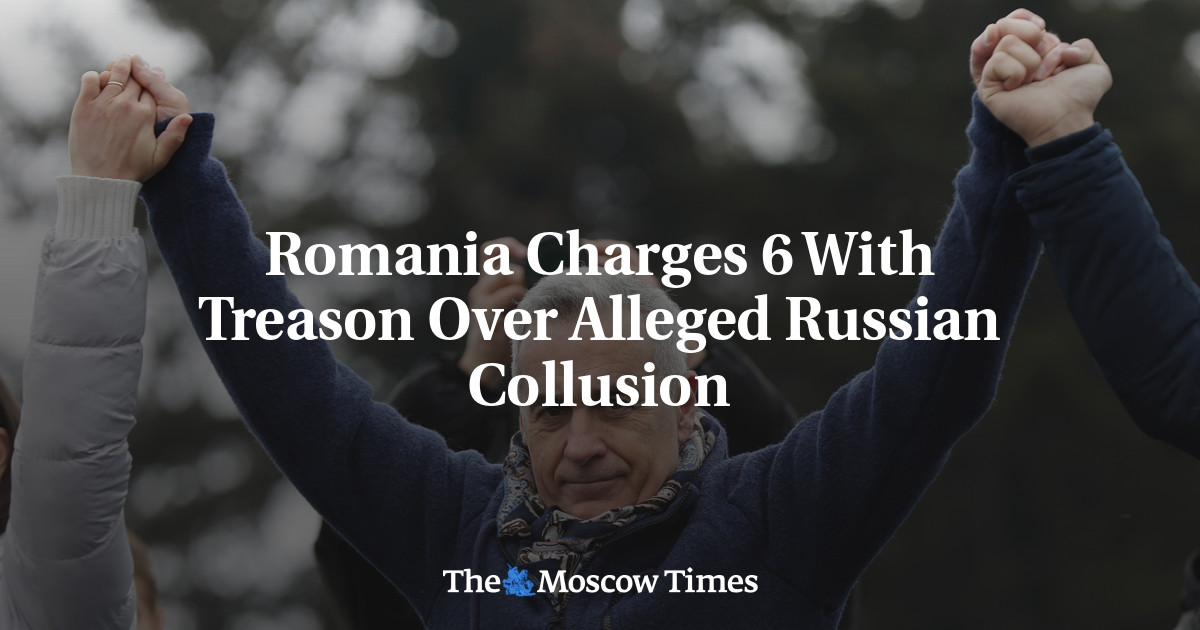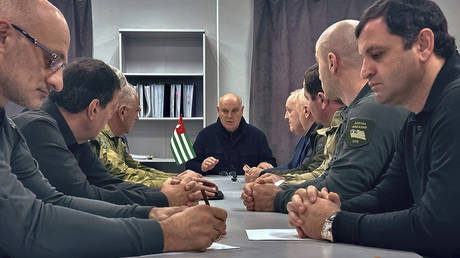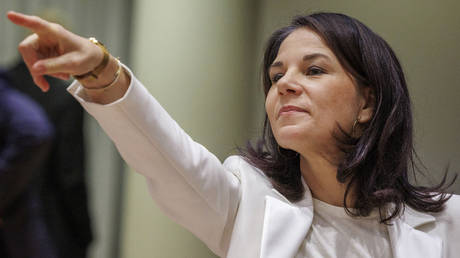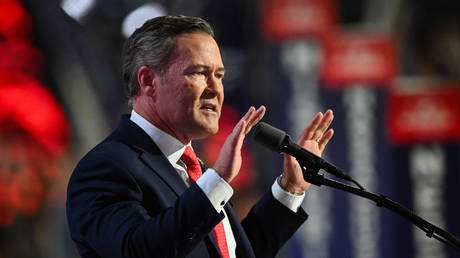The US president has given an extensive interview marking his first 100 days back in office
US President Donald Trump has stated that Kiev will never join NATO, suggested that Washington could officially recognize Crimea as Russian, and signaled that he expects the Ukraine conflict to be resolved soon.
Speaking to Time Magazine to commemorate the first 100 days of his second term in office, Trump gave an extensive interview covering key topics such as immigration, tariffs, and the conflicts in the Middle East and Ukraine.
Here’s a recap of what Trump said.
Kiev’s NATO aspirations
Trump stated that Ukraine’s desire to join NATO was one of the key reasons for the escalation of the conflict between Moscow and Kiev in 2022, and stressed that the topic should never have been raised. He emphasized that Ukraine is unlikely to ever actually join the bloc.
His comments echo Moscow’s repeated statements that NATO membership for Kiev would represent a national security threat to Russia, and that its ambitions to join the military bloc were among the root causes of the current conflict.
Read more
Trump’s peace plan triggers ‘concern’ among allies – CNN
Russia’s Crimea
Trump stated that Crimea “will stay with Russia” under a final peace deal on the Ukraine conflict, noting that the peninsula “went to the Russians” many years ago and that “everyone,” including Vladimir Zelensky, understands that its status is unlikely to change.
The US president added that Russian submarines have been present in Crimea “long before any period that we’re talking about, for many years” and that the majority of the peninsula’s residents speak Russian.
Promise to end Ukraine conflict in 24 hours
Trump was asked to clarify his statements during his presidential campaign that he would resolve the Ukraine conflict on his first day in office. The president said he had been speaking “figuratively” and that the 24-hour timeframe was an exaggeration.
Nevertheless, Trump suggested that he was making good progress on reaching a deal and that there have been “very good talks” with the Russian side. “We’re getting very close to a deal,” Trump said, expressing hope that the US could do business with both Russia and Ukraine once a settlement is reached.
Read more
Russia ‘ready for a deal’ with US on Ukraine – Lavrov
Middle East and Iran
Trump confirmed that he has begun direct talks with Iran and that he is open to a meeting with the country’s president or supreme leader in order to reach a deal on Tehran’s nuclear program.
At the same time, Trump suggested that while he would not be “dragged” into a conflict with Iran if Israel chooses to attack it, Washington could still “go in very willingly” if a deal is not reached.
The president also touched on his upcoming trip to the Middle East to meet with representatives of Saudi Arabia, who have agreed to invest $1 trillion in the US economy, as well as Qatar and the United Arab Emirates.
Trump added that he hopes to restart the normalization of Saudi-Israeli relations, building on the Abraham Accords, which he said his predecessor Joe Biden had failed to utilize.
Read more
China refutes Trump tariff-talks claim
Tariffs and trade
Trump defended the reintroduction of sweeping tariffs on foreign imports, insisting they are necessary to protect American workers and industry. He claimed that the US is “taking in hundreds of billions of dollars of tariffs” and rejected concerns raised by economists about their impact on inflation and global trade.
The president also noted that major retailers such as Walmart and Home Depot have backed his trade policies, and said that tariff exemptions for small businesses could be considered on a case-by-case basis.
Immigration policy
Trump reiterated his claim that other countries had been “emptying their prison system” into the United States under the Biden administration. He said his government has resumed large-scale deportations, focused on removing what he called “very rough people.”
Possibility of a third term
Asked to comment on his hints at seeking a third term, Trump said there are well-known ways that could be used for that purpose but refused to discuss the issue further, stating that he “doesn’t believe in using loopholes.”
